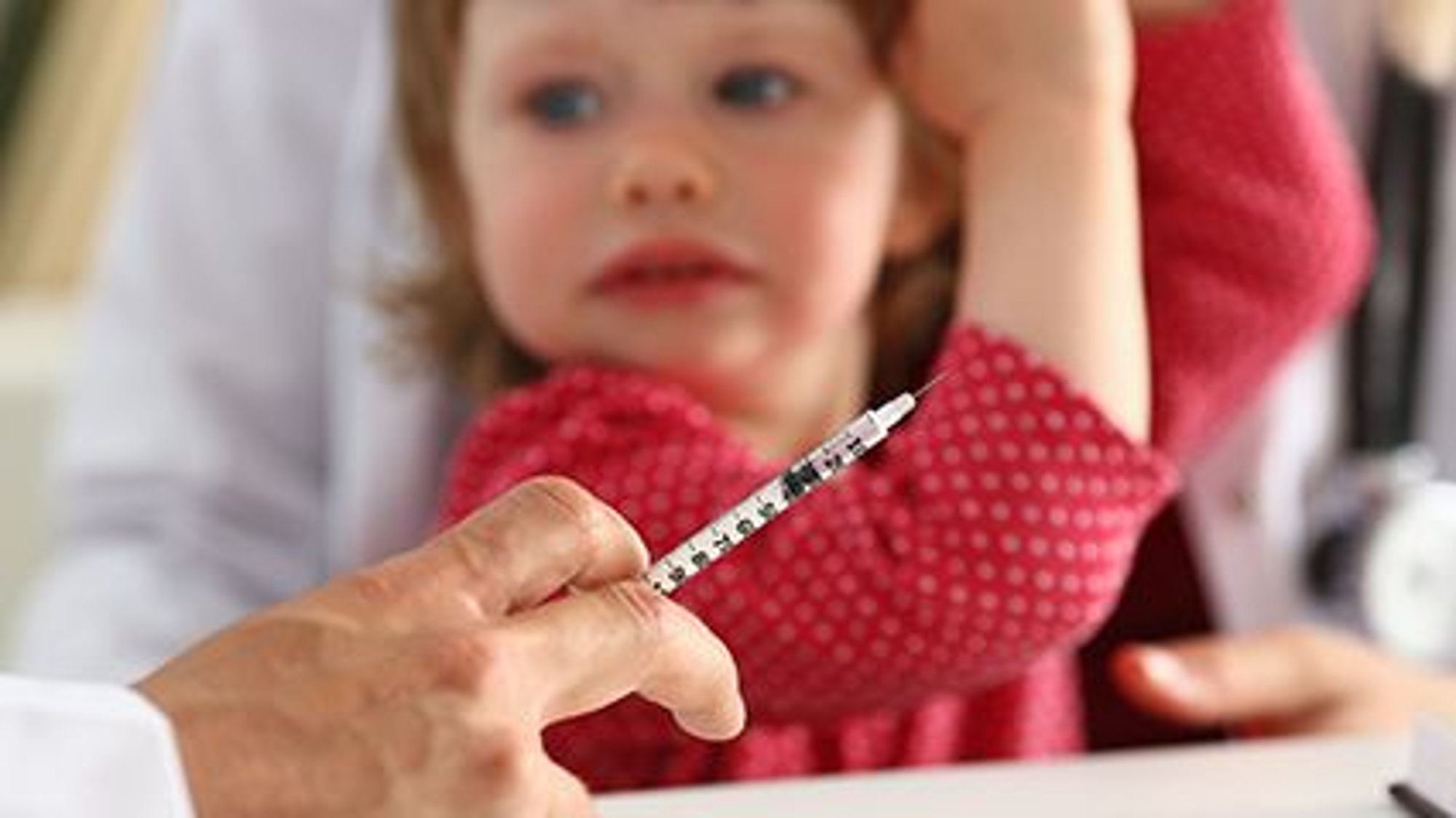CDC Backs Boosters for High-Risk Kids Aged 5-11, Shorter Time Between Shots

TUESDAY, Jan. 4, 2022 (HealthDay News) -- The U.S. Centers for Disease Control and Prevention on Tuesday backed the emergency use approval of Pfizer's booster shot for high-risk kids between the ages of 5 and 11, along with shortening the time period between a second dose and a booster shot from six months to five months.
Both approvals came from the U.S. Food and Drug Administration on Monday, while a third approval authorizing booster shots for those aged 12-15 will be taken up by the CDC's Advisory Committee on Immunization Practices (ACIP) on Wednesday.
"As we have done throughout the pandemic, we will continue to update our recommendations to ensure the best possible protection for the American people, CDC Director Dr. Rochelle Walensky said in an agency statement. "Following the FDA’s authorizations, today’s recommendations ensure people are able to get a boost of protection in the face of Omicron and increasing cases across the country, and ensure that the most vulnerable children can get an additional dose to optimize protection against COVID-19. If you or your children are eligible for a third dose or a booster, please go out and get one as soon as you can.
"Additionally, FDA took action this week to authorize boosters for 12- to 15-year-olds -- and I look forward to ACIP meeting on Wednesday to discuss this issue," Walensky added.
If the committee approves that authorization, it would be followed by what is expected to be a quick endorsement from Walensky.
While children are believed to better tolerate infection with COVID-19, in rare cases they can become severely ill and die. As well, the highly contagious Omicron variant of COVID is infecting record numbers of Americans now, putting pressure on hospitals that are already caring for patients infected with the Delta variant, the New York Times reported.
And children are not being spared in the Omicron surge: COVID-19 hospitalizations among the young are surging across the United States just as students return to school.
At least nine states have reported record numbers of COVID-related pediatric hospitalizations: They include Connecticut, Georgia, Illinois, Kentucky, Massachusetts, Maine, Missouri, Ohio and Pennsylvania, as well as Washington, D.C., NBC News reported Monday.
And in more troubling news, the American Academy of Pediatrics on Monday reported a stunning rise in pediatric COVID cases.
"COVID-19 cases among U.S. children have reached the highest case count ever reported since the start of the pandemic," the report said. "For the week ending Dec. 30th, over 325,000 child COVID-19 cases were reported. This number is a 64% increase over the 199,000 added cases reported the week ending Dec. 23rd and an almost doubling of case counts from the two weeks prior."
While serious illness from COVID is still rare for younger children, the sheer number of new cases worries doctors.
"It seems like people have tried to downplay the significance of the disease in children," said Dr. Mark Kline, the physician-in-chief at Children's Hospital New Orleans. "We've spent two years rebutting myths pertaining to COVID and children, that it's 'harmless' for children. It's not."
Kline is not the only pediatric infectious disease doctor who is worried about climbing COVID hospitalizations among children.
"I have never seen an infection sweep an entire country in a matter of a week or two," Dr. David Kimberlin, co-director of the division of pediatric infectious diseases at the University of Alabama at Birmingham, told NBC News. "The rate of cases in my portion of Alabama is like a rocket ship. It reflects how much virus is out there in the community. With that, we're going to see increasing hospitalization numbers."
Dr. Chethan Sathya, a pediatric surgeon at Cohen Children's Medical Center in New York, part of Northwell Health, said that "literally every child" he and his team operated on or was seeing over the last weekend was COVID-positive. Even if their illnesses weren't specific to the coronavirus, they stretched resources nevertheless.
Pfizer boosters had been authorized for people ages 16 and up. The two other COVID vaccines, from Moderna and Johnson & Johnson, are only authorized for adults 18 and up.
About 70% of Americans ages 12 and older are now fully vaccinated, according to the CDC, but about 1.8 million adolescents in the 12- to 15-year-old demographic have already tested positive for the virus.
More information
Visit the U.S. Centers for Disease Control and Prevention for more on COVID vaccines and kids.
SOURCES: U.S. Centers for Disease Control and Prevention, news release, Jan. 4, 2022; New York Times
Related Posts
Standard Protocol Cuts Opioid Rx After Pediatric Appendectomy
WEDNESDAY, Feb. 23, 2022 (HealthDay News) -- A standardized prescribing protocol...
In Primate Study, Antibody Treatment Prevents Organ Rejection After Transplant
THURSDAY, Aug. 31, 2023 (HealthDay News) -- A new study in non-human primates...
Reduction in Vial Size of Aducanumab Could Yield Savings
MONDAY, June 27, 2022 (HealthDay News) -- A reduction in vial size of aducanumab...
Millions More Americans May Have Long COVID Than Thought
WEDNESDAY, Aug. 23, 2023 (HealthDay News) -- Millions of Americans swear they’re...
